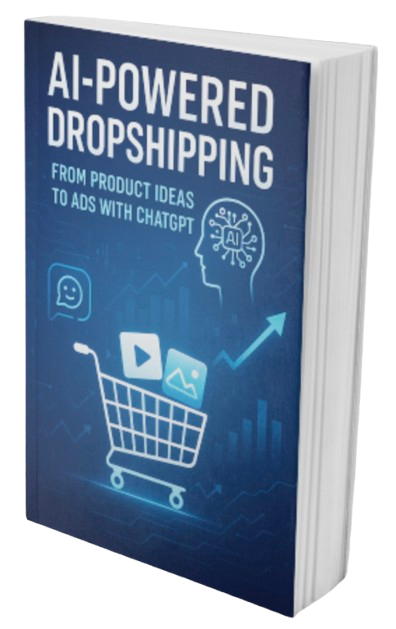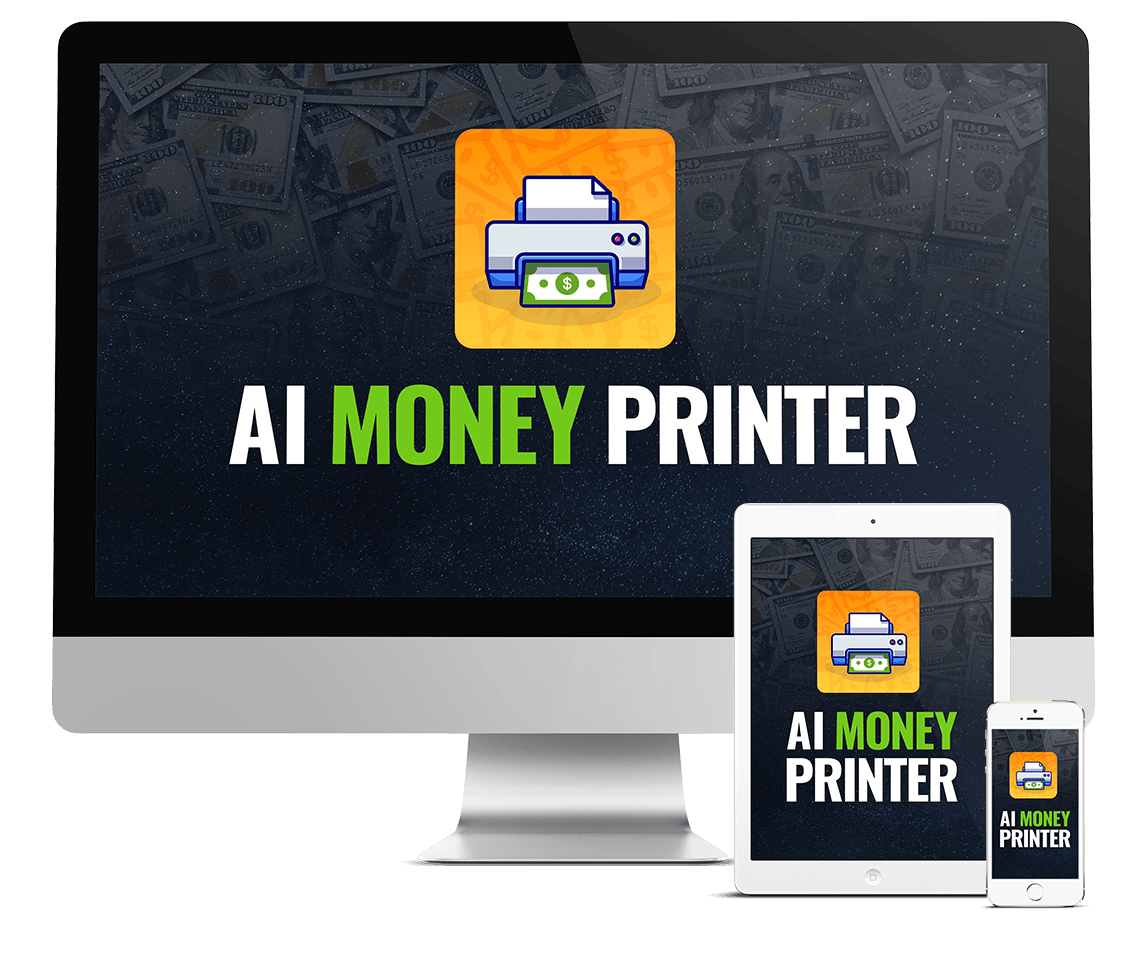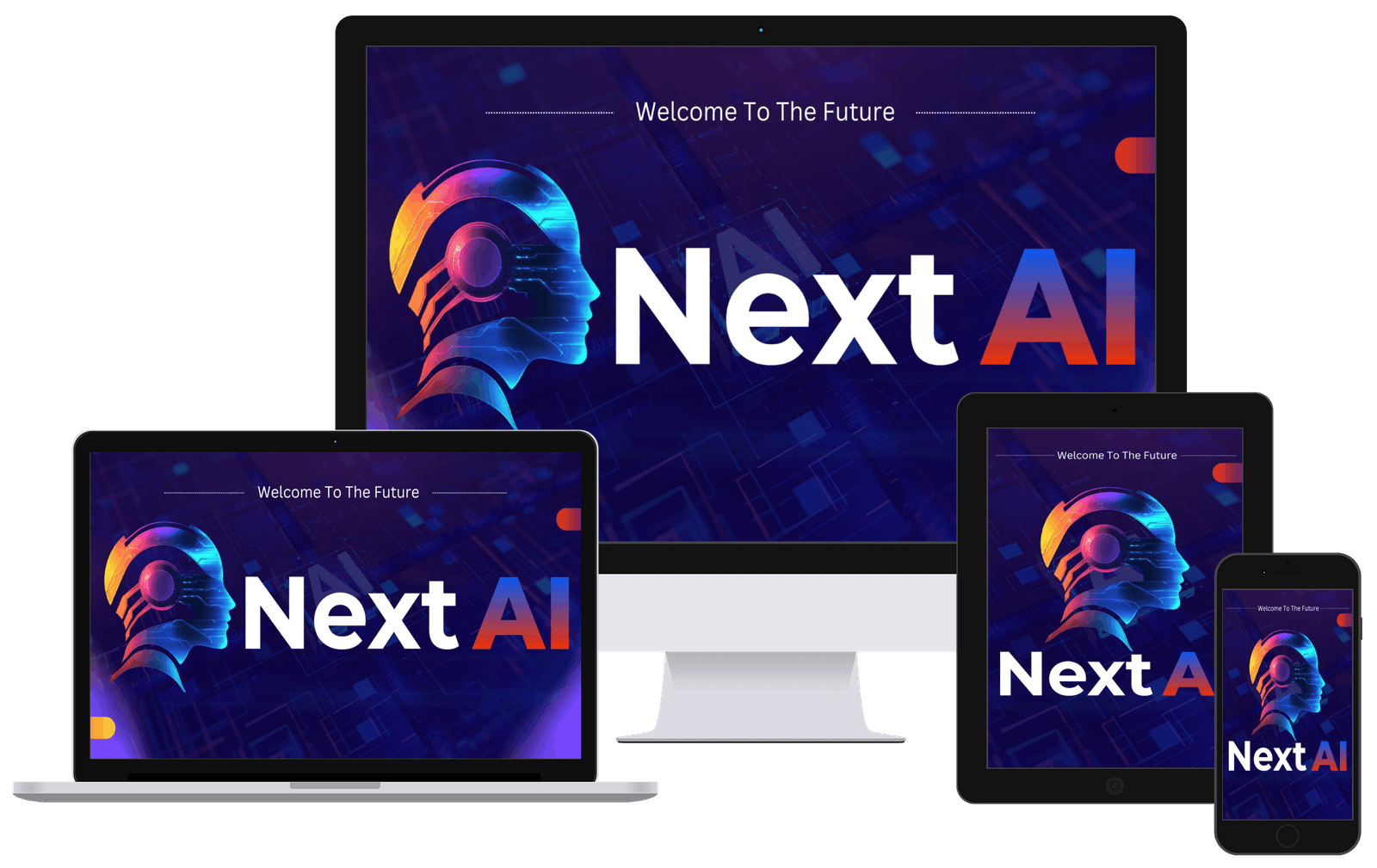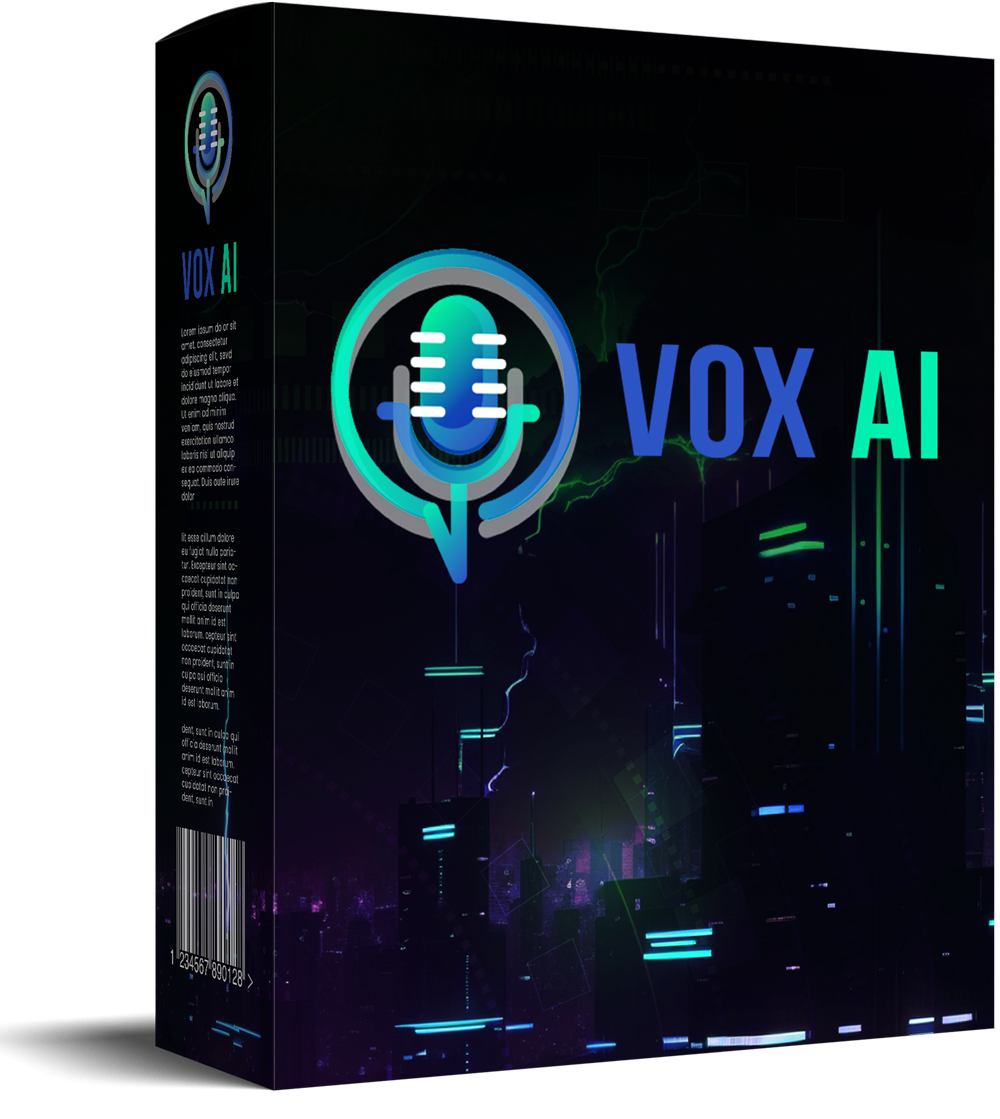AI Coding & Developer Tools: Streamline Your Development

Did you know that software development projects are now 45% more likely to be completed on time when leveraging intelligent developer solutions? The integration of artificial intelligence coding has revolutionized the way developers work, making it an indispensable tool in modern software development.
The advent of AI Coding & Developer Tools has transformed the development landscape by enhancing productivity and efficiency. These innovative solutions enable developers to focus on complex tasks, automate repetitive processes, and improve overall code quality.
By streamlining development processes, these tools not only reduce the time-to-market but also improve the reliability and performance of software applications.
Key Takeaways
- AI-driven coding enhances productivity and efficiency in software development.
- Intelligent developer solutions automate repetitive tasks, improving code quality.
- The use of AI Coding & Developer Tools leads to faster time-to-market for software projects.
- These tools improve the reliability and performance of software applications.
- Developers can focus on complex tasks, leveraging AI for mundane processes.
The Evolution of Development: From Manual Coding to AI Assistance
The development process has transformed dramatically, moving from manual coding to utilizing AI coding and developer tools for enhanced productivity. This shift has been driven by the need to address the challenges inherent in traditional software development methodologies.
Traditional Development Challenges
Traditional software development was marred by challenges such as manual coding errors, inefficiencies, and the inability to scale quickly. Developers spent a significant amount of time debugging and troubleshooting, which detracted from their primary task of writing code. As Mark Zuckerberg once noted, “The biggest risk is not taking any risk…” – in the context of development, embracing new technologies like AI can be a significant step forward.
The manual coding process was not only time-consuming but also prone to errors, which could lead to significant delays and cost overruns. Moreover, the lack of automation in testing and debugging meant that developers had to manually review code, a process that was both tedious and error-prone.
The Rise of AI in Software Development
The advent of artificial intelligence (AI) and machine learning (ML) has revolutionized the software development landscape. AI-powered developer tools have begun to alleviate the challenges of traditional development by automating repetitive tasks, improving code quality, and enhancing developer productivity.
According to a recent study, the integration of AI in software development has led to a significant reduction in coding errors and an improvement in overall code quality. As
“AI is not just a tool, it’s a collaborator that can augment human capabilities.”
This collaboration between humans and AI is redefining the development process, making it more efficient and effective.
The rise of AI in software development is not just about replacing human developers but about augmenting their capabilities. By leveraging machine learning tools and developer AI software, developers can focus on higher-level tasks that require creativity and problem-solving skills.
Understanding AI Coding & Developer Tools
AI-powered development tools are changing the landscape of software development, offering unprecedented levels of productivity and code quality. These tools leverage artificial intelligence to assist developers in various stages of the development process, from coding and debugging to testing and deployment.
What Are AI-Powered Development Tools?
AI-powered development tools are software applications that utilize artificial intelligence and machine learning algorithms to enhance the development process. These tools can analyze code, predict potential issues, and even complete code snippets, making the development process faster and more efficient.
Key Features of AI-Powered Development Tools:
- Code completion and generation
- Intelligent code analysis and review
- Automated debugging and bug fixing
- Project management and predictive analytics
How AI Transforms the Development Process
AI transforms the development process by automating repetitive tasks, improving code quality, and reducing the likelihood of human error. AI algorithms can analyze vast amounts of code, identify patterns, and predict potential issues, enabling developers to focus on more complex and creative tasks.

The integration of AI in development tools not only enhances productivity but also opens up new possibilities for innovation and collaboration.
Key Technologies Behind AI Developer Tools
The effectiveness of AI developer tools relies on several key technologies, including machine learning, natural language processing, and deep learning. These technologies enable tools to understand code contexts, predict developer needs, and provide intelligent assistance.
Some of the key technologies include:
- Machine Learning (ML) for pattern recognition and prediction
- Natural Language Processing (NLP) for understanding code and developer queries
- Deep Learning for complex code analysis and generation
Benefits of Implementing AI in Your Development Workflow
The integration of AI into development workflows has revolutionized the way developers work. By harnessing the power of machine learning tools and intelligent developer solutions, teams can experience significant improvements in their development processes.
Increased Productivity and Efficiency
AI-powered tools automate repetitive tasks, allowing developers to focus on more complex and creative aspects of their work. This leads to increased productivity as developers can complete tasks more quickly and efficiently. For instance, advanced AI coding resources can help with code completion, reducing the time spent on mundane coding tasks.
Error Reduction and Bug Prevention
AI-driven development tools can analyze code in real-time, identifying potential errors and bugs before they become major issues. This proactive approach to error detection helps in reducing the number of bugs in the final product, leading to higher quality software and less time spent on debugging.
Code Quality Improvement
The use of AI in development workflows also contributes to improved code quality. AI tools can suggest best practices and optimizations, ensuring that the codebase remains maintainable and efficient. By integrating AI into their workflows, developers can produce cleaner, more robust code.
Cost and Time Savings
By automating tasks, reducing errors, and improving code quality, AI-powered development tools lead to significant cost and time savings. Organizations can allocate resources more effectively, reducing the overall cost of software development and speeding up the time-to-market for their products.
In conclusion, the benefits of implementing AI in development workflows are multifaceted, ranging from increased productivity and error reduction to improved code quality and cost savings. As the development landscape continues to evolve, embracing AI-powered development tools is crucial for staying competitive.
Top AI Coding & Developer Tools in 2023
As we dive into 2023, the landscape of AI coding and developer tools continues to evolve, offering unprecedented opportunities for developers. The integration of AI in software development has not only enhanced productivity but also improved code quality and reduced development time.
AI Coding & Developer Tools have become indispensable in the modern development workflow. These tools leverage AI to assist in various stages of development, from coding to deployment.
Code Completion and Generation Tools
Code completion and generation tools have revolutionized the way developers write code. Tools like GitHub Copilot and Tabnine use AI to predict and complete code, significantly reducing development time.
- GitHub Copilot: An AI-powered code completion tool that suggests entire lines or blocks of code.
- Tabnine: A code completion tool that uses AI to predict and complete code, supporting multiple programming languages.
Intelligent IDEs and Extensions
Intelligent IDEs and extensions enhance the development environment by providing AI-driven insights and assistance. These tools help developers identify and fix issues early in the development cycle.
| Tool | Description | Key Features |
|---|---|---|
| Visual Studio IntelliCode | An extension for Visual Studio that provides AI-assisted code completion. | Code completion, code analysis |
| Kite | An AI-powered coding assistant that provides code completions and documentation. | Code completion, documentation |
Code Review and Analysis Tools
Code review and analysis tools use AI to analyze code and provide insights on quality, security, and performance. These tools help developers identify potential issues before they become major problems.
- SonarQube: A tool that analyzes code quality and security, providing insights and recommendations.
- CodeFactor: A tool that analyzes code quality and provides automated code review.

The top AI coding and developer tools in 2023 offer a range of benefits, from improved productivity to enhanced code quality. By leveraging these tools, developers can streamline their workflow and focus on creating innovative software solutions.
Machine Learning Tools for Developers
Developers now have access to a wide array of machine learning tools that simplify their tasks. These tools are designed to integrate seamlessly into development workflows, enhancing productivity and efficiency.
TensorFlow and PyTorch Integration
TensorFlow and PyTorch are two of the most popular frameworks for building machine learning models. Their integration into development environments allows for more sophisticated intelligent developer solutions. TensorFlow, known for its extensive community support and wide range of tools, is often used for large-scale machine learning projects. PyTorch, on the other hand, is praised for its simplicity and flexibility, making it ideal for rapid prototyping and research.
AutoML Platforms
Automated Machine Learning (AutoML) platforms are revolutionizing the field by making it easier for developers to build machine learning models without extensive expertise. These platforms automate the process of model selection, hyperparameter tuning, and training, significantly reducing the time and effort required to develop accurate models.
Data Processing and Analysis Tools
Effective data processing and analysis tools are crucial for any machine learning project. Tools like Pandas, NumPy, and Matplotlib in Python, and various libraries in other languages, enable developers to manipulate, analyze, and visualize data efficiently. These tools are essential for preparing data for model training and for understanding the insights gained from machine learning models.
By leveraging these machine learning tools and smart coding tools, developers can create more sophisticated applications, improve their workflow, and stay at the forefront of technological advancements.
Real-World Applications of AI Development Tools
Real-world applications of AI development tools are diverse, impacting various sectors such as enterprise software development and education. The versatility of these tools allows them to be adapted to different environments, enhancing productivity and innovation.

Enterprise Software Development
In enterprise settings, AI development tools are being used to streamline complex software development processes. Companies like IBM and Microsoft are leveraging AI to improve code quality and reduce development time. For instance, AI-powered code review tools help in identifying bugs and suggesting improvements, thus enhancing overall code quality.
As noted by a
“The future of software development is not just about writing code, but about creating intelligent systems that can adapt and learn.”
This quote highlights the shift towards more intelligent and adaptive software development practices.
Startup Development Environments
Startups are also benefiting from AI development tools, using them to accelerate their development processes and gain a competitive edge. AI-powered tools help startups automate routine tasks, allowing developers to focus on more complex and creative aspects of their projects. This not only speeds up development but also improves the quality of the final product.
- Automated code generation
- Intelligent debugging
- Predictive analytics for project management
Open Source Projects
In the realm of open-source projects, AI development tools are being utilized to manage and maintain large codebases. AI can assist in tasks such as code completion, bug detection, and even predicting the likelihood of certain bugs based on historical data. This helps in maintaining the health and stability of open-source projects.
Educational and Learning Environments
Educational institutions are incorporating AI development tools into their curricula to provide students with hands-on experience with cutting-edge technology. AI tools help students learn programming concepts more effectively by providing real-time feedback and guidance. This prepares the next generation of developers to work efficiently with AI-enhanced development environments.
| Sector | Application of AI Development Tools |
|---|---|
| Enterprise Software Development | Streamlining complex software development, improving code quality |
| Startup Development Environments | Accelerating development processes, automating routine tasks |
| Open Source Projects | Managing large codebases, bug detection, code completion |
| Educational and Learning Environments | Teaching programming concepts, providing real-time feedback |
Implementing AI Coding & Developer Tools in Your Team
AI-powered developer tools are transforming the way teams approach software development. By integrating intelligent developer solutions and AI programming languages, teams can significantly enhance their productivity and efficiency.
Assessing Your Development Needs
Before implementing AI coding tools, it’s crucial to assess your team’s development needs. This involves understanding the current challenges your team faces and identifying areas where AI can make a significant impact.
- Evaluate your current development workflow and identify bottlenecks.
- Determine the specific tasks that can be automated or improved with AI.
- Consider the skill level of your team and the training required for AI tools.
As GitHub notes in their survey, “The future of software development is closely tied to the adoption of AI and machine learning.”
Integration Strategies
Once you’ve assessed your needs, the next step is to develop an effective integration strategy for AI coding tools.
| Integration Strategy | Description | Benefits |
|---|---|---|
| Phased Implementation | Roll out AI tools in phases to minimize disruption. | Reduced risk, easier adaptation. |
| Tool Selection | Choose tools that align with your team’s specific needs. | Improved efficiency, better ROI. |
| Training and Support | Provide comprehensive training and ongoing support. | Enhanced adoption, reduced frustration. |
Training Your Team
Training is a critical component of successful AI tool implementation. Ensure that your team understands how to effectively use these smart coding tools.
“The key to successful AI adoption is not just the technology itself, but how well your team can leverage it.”
To facilitate smooth training, consider the following:
- Provide hands-on training sessions.
- Offer resources for self-paced learning.
- Encourage experimentation and exploration of AI features.
Measuring Impact and ROI
To justify the investment in AI coding tools, it’s essential to measure their impact and ROI.
Key metrics to track include:
- Development time reduction.
- Code quality improvement.
- Error rate decrease.
By carefully assessing your development needs, implementing effective integration strategies, training your team, and measuring the impact, you can successfully integrate AI coding and developer tools into your workflow, enhancing your team’s productivity and efficiency.
Overcoming Challenges When Adopting AI Development Tools
Implementing AI coding and developer tools can significantly enhance development processes, but teams must be prepared to overcome several key challenges. As organizations increasingly adopt these advanced technologies, understanding and addressing the potential hurdles becomes crucial for successful integration.
Learning Curve Considerations
One of the primary challenges teams face when adopting AI development tools is the learning curve associated with these technologies. Developers must become familiar with new interfaces, features, and methodologies, which can initially slow down productivity.
To mitigate this, organizations can invest in comprehensive training programs that help developers understand and effectively utilize AI coding tools. For instance, GitHub’s Copilot provides an intuitive interface that simplifies the learning process for developers new to AI-assisted coding.
“The future of coding is not just about writing code, it’s about understanding how to work with AI to create better software faster.” –
Security and Privacy Concerns
Another significant challenge is addressing security and privacy concerns associated with AI development tools. As these tools often require access to sensitive codebases and data, ensuring the security of this information is paramount.
- Implement robust access controls and encryption
- Regularly update and patch AI development tools
- Conduct thorough security audits and risk assessments
By prioritizing security, organizations can minimize risks associated with AI development tools. For example, using AI-powered security tools can help identify vulnerabilities in the codebase.
Code Ownership and Intellectual Property
The use of AI coding tools raises important questions about code ownership and intellectual property. As AI generates code, it’s essential to clarify who owns the rights to this code.
| Consideration | Description |
|---|---|
| Code Ownership | Clarify ownership rights for AI-generated code |
| Licensing Agreements | Review and update licensing agreements to reflect AI-generated code |
| IP Protection | Ensure adequate protection for intellectual property created with AI assistance |
Balancing AI Assistance with Developer Skill Development
While AI development tools can significantly enhance productivity, it’s crucial to balance AI assistance with developer skill development. Over-reliance on AI tools can potentially hinder the growth of developers’ skills.
To address this, organizations should implement strategies that promote continuous learning and skill development among developers. This can include providing training on the underlying principles of AI coding tools and encouraging developers to tackle complex problems manually.

Future Trends in AI-Assisted Development
As we look ahead, AI-assisted development is poised to transform the tech industry. The future of software development is being shaped by several emerging trends that promise to make coding more efficient, intuitive, and powerful.
Natural Language Programming
One of the most exciting trends is natural language programming, which enables developers to create software using everyday language rather than complex code. This advancement could significantly reduce the barrier to entry for new developers and make development more accessible.
Benefits of Natural Language Programming:
- Simplifies the development process
- Reduces the need for extensive coding knowledge
- Enhances productivity
Autonomous Code Generation
Autonomous code generation is another trend gaining momentum. AI systems can now generate code based on specifications, reducing the manual effort required in software development. This not only speeds up the development process but also minimizes the chance of human error.
| Feature | Manual Coding | Autonomous Code Generation |
|---|---|---|
| Speed | Slow | Fast |
| Error Rate | High | Low |
| Complexity | High | Variable |
AI-Driven Software Architecture
AI is also influencing software architecture, enabling the creation of more robust, scalable, and maintainable systems. AI-driven software architecture can analyze vast amounts of data to predict and adapt to changing requirements, making software more resilient and efficient.
Personalized Development Environments
Personalized development environments are becoming increasingly popular, tailoring the development experience to individual needs. These environments use machine learning to adapt the coding interface, tools, and resources based on a developer’s behavior and preferences, enhancing productivity and satisfaction.
As AI continues to evolve, we can expect these trends to further shape the landscape of software development, making it more intuitive, efficient, and accessible to a wider audience.
Conclusion: Embracing the AI-Powered Development Future
As development teams continue to navigate the complexities of software creation, the integration of AI Coding & Developer Tools is becoming increasingly vital. By leveraging artificial intelligence coding, developers can streamline their workflows, reduce errors, and improve overall code quality.
Intelligent developer solutions, such as those discussed throughout this article, offer a range of benefits, from increased productivity to enhanced collaboration. As the development landscape continues to evolve, it’s clear that AI-powered tools will play a pivotal role in shaping the future of software development.
By embracing these intelligent developer solutions, development teams can stay ahead of the curve, driving innovation and delivering high-quality software products. Whether you’re a seasoned developer or just starting out, now is the time to explore the potential of AI Coding & Developer Tools and discover how they can transform your development workflow.
FAQ
What are AI coding and developer tools?
How do AI-powered development tools transform the development process?
What are the benefits of using AI in development workflows?
What are some top AI coding and developer tools available?
How do machine learning tools facilitate the development of machine learning models?
What are some real-world applications of AI development tools?
How can teams implement AI coding and developer tools effectively?
What are some challenges that teams may face when adopting AI development tools?
What are some future trends in AI-assisted development?
How can developers stay up-to-date with the latest AI coding and developer tools?
💼 Build Your AI-Powered Income
Turn your ideas into income with these bestselling guides:
🌟 Ready to Build Your AI Income Stream?
You’ve learned the tools — now master the strategies!
Explore our exclusive AI Side Hustle & Passive Income eBooks to start earning smarter with ChatGPT, Canva, and automation tools.
🚀 Connect with SmartAIEarn
Join our growing AI and digital innovation community — explore smarter tools, automation hacks, and new income ideas that help you earn more, work less, and scale fast.
Explore More ⚡








Thanks for sharing. I read many of your blog posts, cool, your blog is very good.